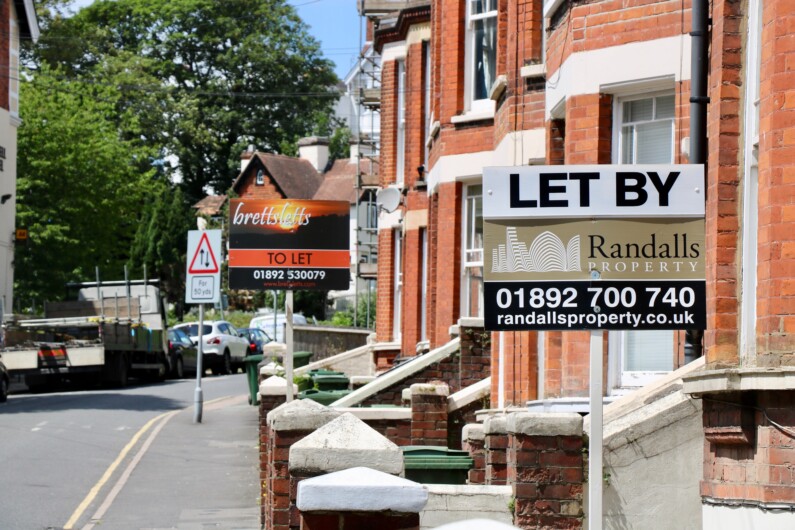Pensions are important. They give you reassurance that you’ll be looked after once you’re ready to give up work and – if you’ve paid in enough over your career – they should also help you to maintain your quality of life.
But saving into a pension isn’t the only way of putting aside money for the future. Other options include buying property, saving into an ISA, or investing through the stock market.
All of these things have their own strengths and weaknesses. Inevitably, the best strategy is to do a little bit of everything. In investment terms, this is what’s known as diversification. It means that you can take advantage of the range of benefits that different types of investment have to offer. And, if something goes wrong (even pension funds aren’t always safe if the market collapses) you should be able to use one of your other investments to smooth the recovery.
Building a deposit
If you have ambitions of owning your own home, then focusing your energy on saving for a bigger deposit is a no-brainer. Having a home that you own can also help to bring down living costs in your later years. Paying off your mortgage by the time you retire will effectively eliminate one of your biggest monthly expenses. That means you won’t need to lean on your pension quite as hard, and can therefore get away with having a smaller fund.
The stability that comes from owning your home shouldn’t be overlooked either. When you rent, you are always living with the possibility that your landlord could decide to sell up. Yes, they’ll have to give you notice, but it’s an uncertainty that many retirees can do without. Think carefully about whether you’d like to put down roots somewhere, and focus on saving for your deposit if you decide that it’s a priority.
Investing in buy-to-let
Perhaps you’re considering property as a more active investment: you want to become a landlord yourself. The temptation is obvious. By renting out a property, you’ll be earning an ongoing income, and you also have the possibility of making a profit on the house itself further down the line (or passing it on to your family).
It’s risky, though. Letting out a home requires a lot of work and administration, meaning that you could find it more hassle than it’s worth – certainly a lot more hassle than upping the contributions to your pension fund. And after all that, there’s always a chance that house prices might fall, leaving you with few options.
Investing in your home
One option is to buy a home and then downsize (or move area) once you hit retirement. Assuming all went to plan, you would buy your new house using just a portion of the sale price, leaving you with a pot of cash to draw on for your other expenses. While this can be a great strategy for many, it’s not something that should be relied upon.
In recent years, pensions have seen stronger growth than house prices. This means that building your pension pot is a savvy strategy – and something that all working-age people should try to prioritise.

